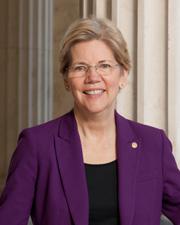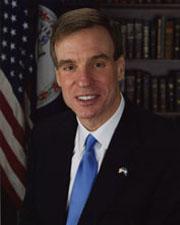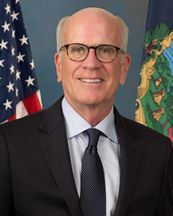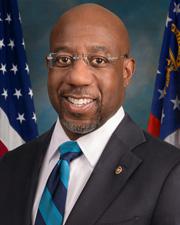0
A bill to provide for the admission of the State of Washington, D.C. into the Union.
1/14/2025, 7:03 PM
Summary of Bill S 51
The bill outlines the process for admitting Washington, D.C. as a state, including the establishment of a new state constitution and government. It also addresses the issue of representation in Congress, with the new state being granted two Senators and at least one Representative in the House of Representatives.
Supporters of the bill argue that granting statehood to Washington, D.C. is a matter of fairness and democracy, as the residents of the district currently lack full representation in Congress. They also point to the fact that Washington, D.C. has a larger population than several existing states, making it deserving of statehood. Opponents of the bill raise concerns about the potential political implications of adding a new, heavily Democratic state to the Union. They also argue that the Founding Fathers intended for the seat of the federal government to be a separate entity, not a state with full representation in Congress. Overall, the Washington, D.C. Admission Act is a controversial piece of legislation that has sparked debate on both sides of the political aisle. If passed, it would have significant implications for the balance of power in Congress and the representation of the residents of Washington, D.C.
Congressional Summary of S 51
Washington, D.C. Admission Act
This bill provides for the establishment of the State of Washington, Douglass Commonwealth, and its admission into the United States.
The state is composed of most of the territory of the District of Columbia (DC), excluding a specified area that encompasses the U.S. Capitol, the White House, the U.S. Supreme Court building, federal monuments, and federal office buildings adjacent to the National Mall and the U.S. Capitol. The excluded territory shall be known as the Capital and serve as the seat of the government of the United States, as provided for in Article I of the Constitution. The state may not impose taxes on federal property except as Congress permits.
The bill provides for the DC Mayor to issue a proclamation for the first elections to Congress of two Senators and one Representative of the state. The bill eliminates the office of Delegate to the House of Representatives.
The bill applies current DC laws to the state. DC judicial proceedings and contractual obligations shall continue under the state’s authority. The bill also provides for specified federal obligations to transfer to the state upon its certification that it has funds and laws in place to assume the obligations. These include maintaining a retirement fund for judges and operating public defender services.
The bill establishes a commission that is generally comprised of members who are appointed by DC and federal government officials to advise on an orderly transition to statehood.
Current Status of Bill S 51
Bipartisan Support of Bill S 51
Total Number of Sponsors
2Democrat Sponsors
2Republican Sponsors
0Unaffiliated Sponsors
0Total Number of Cosponsors
40Democrat Cosponsors
39Republican Cosponsors
0Unaffiliated Cosponsors
1Policy Area and Potential Impact of Bill S 51
Primary Policy Focus
Alternate Title(s) of Bill S 51
Comments

Emmanuel West
10 months ago
I'm so excited for this bill, it's gonna make a big difference for us!





